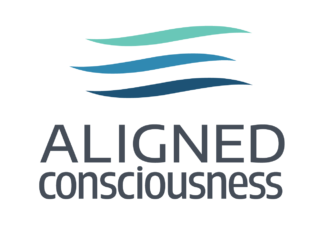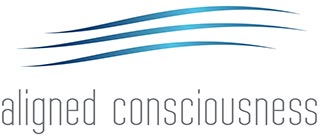
Most of us set limits for ourselves. We may have diets that limit the foods we eat. We have speed limits when we drive. We may limit the time we spend on social media, how long we sleep, or other things that we think need to be controlled. For the most part, these are probably conscious limits that you set for one reason or another.
On the flip side, when we say something like, “The sky is the limit,” it means we are considering all options, anything is possible. It usually feels empowering and freeing to declare a situation to be limitless.
Unconscious Limits
But what about the limits you set unconsciously? I help people rewrite self-limiting subconscious beliefs. Sometimes when I say this in a networking meeting, I am met with looks that tell me people aren’t quite sure what I mean, yet so many examples show up regularly. Common hints that one has subconscious beliefs are:
- “I’ve never been any good at that.”
- “I am such a klutz.”
- “I never have enough time to get everything done.”
- “All the good men (or women) are already taken.”
- “Money doesn’t grow on trees.”
There is an infinite number of statements, but do you get the gist? These unconscious limits create a story you tell yourself to explain why things aren’t unfolding the way you want or why you shouldn’t try doing something new or different. It’s limiting your outcomes. And it’s not intentional. Sometimes we even have limits from generations before us. I talk about the impact of generational beliefs in my August 2019 blog post.
Oh! What a Feeling!
Imagine how different your life would feel if you were comfortable trying new approaches to solve old problems, or if you trusted yourself to be able to handle certain situations that stress you out now when you think about them. Think about how freeing THAT would feel!
The subconscious mind isn’t driven by logic. Think about people with phobias—they probably know that a roach won’t kill them or that flying on a plane is statistically safer than driving to the airport. But that doesn’t make the panic go away.
And our brains always look for proof that what we believe is correct, so if we think we are bad at something, we will notice all the times we don’t do that well, and we will ignore all the times we do it just fine. Eventually, the belief becomes self-fulfilling and we don’t even try anymore.
Freedom From Limiting Beliefs
To change a subconscious belief that is limiting how you experience your life, you usually need more than logic and data. There are many ways to do this. Bruce Lipton talks about this in his blog. The process I use is PSYCH-K®. It’s fast, effective, and collaborative. If you want to know more, schedule a free 30-minute consult here.
And if you’re a coach who has clients with self-limiting beliefs, schedule a virtual coffee with me here. Let’s talk about how I may be able to help your clients be more successful in your coaching programs.


Leave a Reply